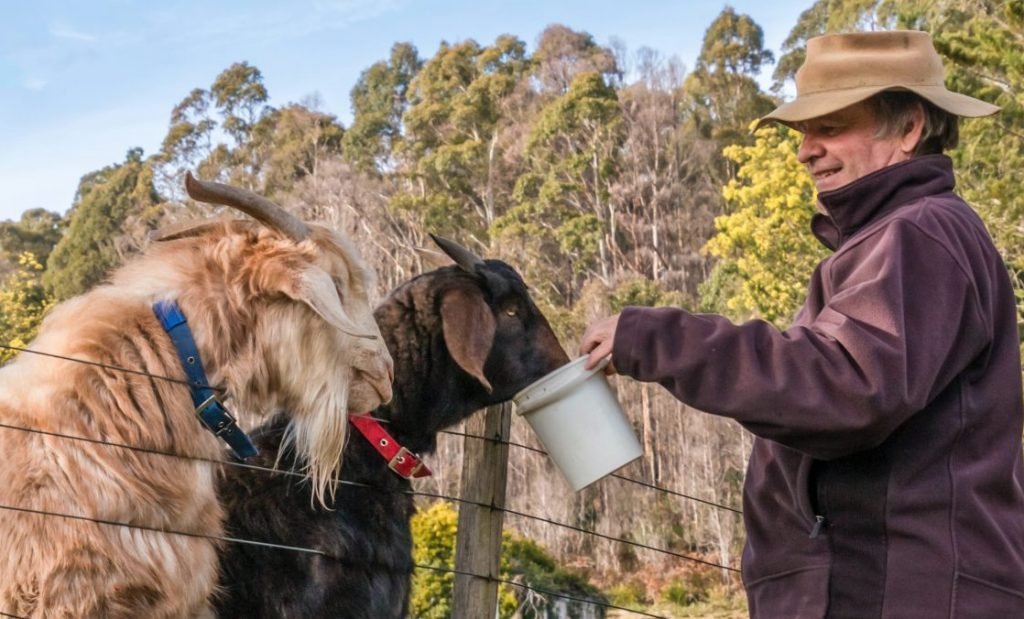
photo by Patty Brito
The Power of Family-focused Community
Community life offers numerous practical benefits to families, providing crucial support that extended family or a traditional village once supplied. In an era where many households grapple with the demands of raising children alongside challenging financial situations and rising housing costs, fostering communal ties can be a lifeline. Scroll past the community types photos for more benefits of family-oriented residential intentional communities.
Many families explore specific housing types and intentional communities as part of their quest for a supportive and enriching environment. Various housing options appeal to families seeking different living arrangements. Beyond traditional homes, consider exploring alternatives described in the links below, or others on our Community Types page. In the website header, follow the Match for Free link to find others with similar interests.
Creating Your Own Support System
While finding pre-existing, welcoming, and affordable communities can be a challenge, the good news is that you can actively participate in creating the kind of community you seek. This endeavor, while requiring significant time and effort, can be immensely fulfilling.
Reciprocal Relationships for All Ages
Community building often centers on reciprocal relationships where individuals help meet each other’s needs. For young parents, inviting others into your life or home can help fulfill roles traditionally played by older siblings, nannies, or grandparents, easing the burdens of child-rearing. For seniors, inviting a young adult or couple into your home can help maintain independence, stepping into a role adult children might have traditionally filled.
These reciprocal relationships not only provide practical assistance but also foster a sense of meaning and purpose. It’s important to acknowledge that while beneficial, these added relationships will naturally bring their own set of challenges. Consider exploring a “join a household” community type as a trial run for this model.
Neighborhood Mutual Aid and Shared Burdens
If you have a suitably sized home in a preferred location but lack extra space to share, a neighborhood mutual aid group can be an excellent way to develop reciprocal helping relationships. Furthermore, some families facing unique challenges may choose to form a community to share the burden of meeting the needs of a vulnerable loved one.
Intentional Community for Child Rearing
Many young parents are increasingly interested in intentional communities as an alternative environment for raising children. The growing challenges faced by children in Westernized nations often seem linked to urban environments and the isolation of the nuclear family. While many urban dwellers may not desire small-town living with limited cultural and commercial options, there’s a widespread nostalgia for the “village” concept, where communal values were practiced within extended families and through close, longstanding social ties with neighbors. Jean Liedloff’s work, based on her studies of the native Yequana people of South America, extensively describes the many benefits of communal settings for child-rearing.
Education in Community Settings
Families also seek intentional communities as part of a broader quest to create unique educational experiences for their children. Acton Academy, a novel self-directed schooling model, has demonstrated remarkable success and enjoyment for children. The founders of Acton Academy actively welcome and support the duplication of their model, which builds upon the principles of Montessori and Walden, other popular alternative education styles.
Upholding Traditional Values
In an increasingly digital world, children are often exposed to adult content without their parents’ knowledge. Community can offer a supportive environment for families to collectively address these challenges and uphold traditional values in raising their children. Jonathan Haidt’s extensive research on social media’s influence has highlighted the benefits of phone-free schools. Similarly, communities can enhance children’s social skills by agreeing to community-wide screen-free hours, promoting outdoor play with neighboring children.
Grants for Youth Development
For individuals seeking financial support related to youth development, consider exploring grants and scholarships. These lists are typically ordered by state and do not require non-profit status or affiliation with a government agency. More extensive lists are available on our Grants page.







